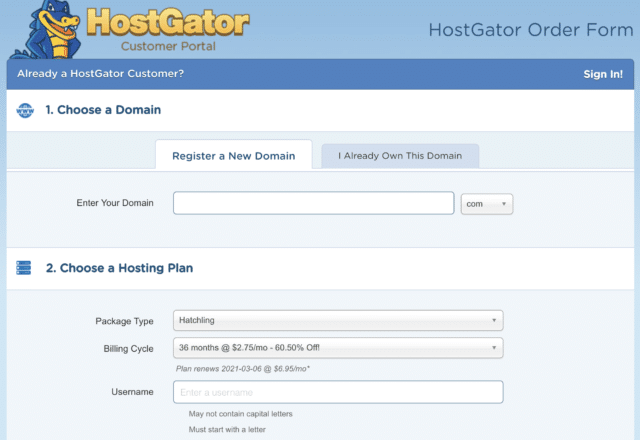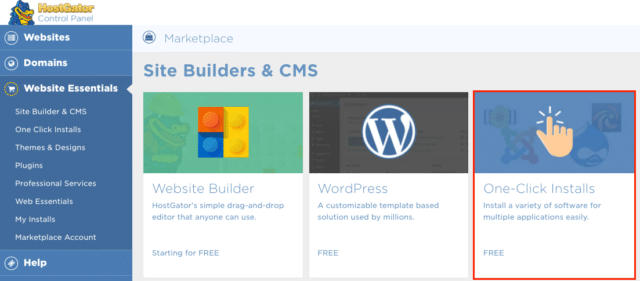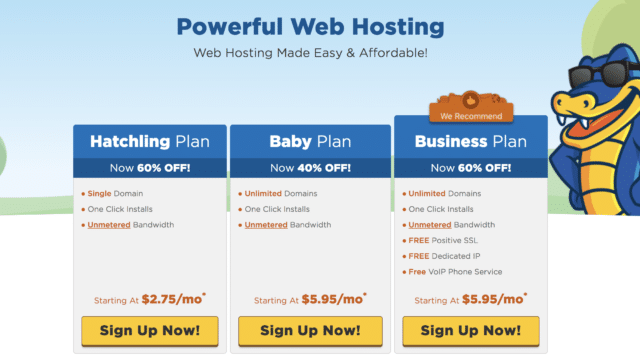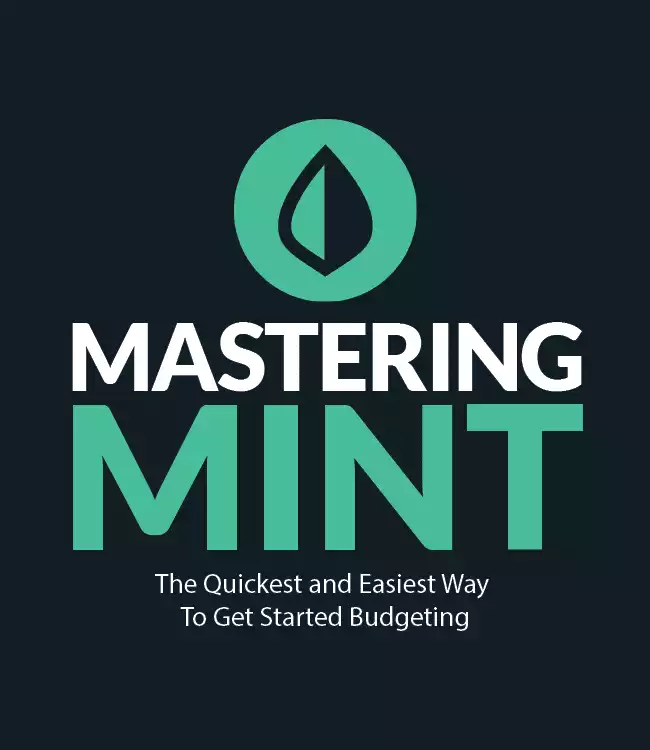Do you have a flair for words? Do you want to work in your pajamas? A freelance writing career can be very lucrative. I’ll show you how to get started.
Freelance writing doesn’t have to be something you merely do on the side to bring in some extra money while spending forty or more hours a week at a job you don’t like. There are 53 million Americans working as freelancers currently, that accounts for 34% of the workforce. They’ve all made the leap and you can too. But it takes the best tools, some planning, and some hustle.
The Tools
Like any business, you’ll need a few things in place in order to get started.
A Name
Don’t choose something too clever. I know you want to show your witty eruditeness, but this is not the place. Make it short, easy to spell, and descriptive. You want it to be obvious to anyone reading the name of your business, that you’re a writer.
Choose Your Domain Name And Hosting Site
There are a lot of things to consider when choosing a hosting site. You’re a writer, a creative type, not a left brain-computer savvy person! So you need something that is easy to get set up. Because you want to extend your runway as long as you can, you need something that is inexpensive. And because your whole business is online, you need something that is reliable and provides 24/7 tech support if you do have a problem or question.

Hostgator meets all of those needs. They also offer one-click WordPress installation. WordPress is the platform of choice for 39.5% of all websites. The setup process just takes a few steps:
- Register your domain name (your site’s URL)
- Enter your account information.
- Select the Hostgator package you want. You’ll get the cheapest monthly rate by choosing to pay for 36 months up front.
- Enter your billing information.
- Create your password.
- Log in!
Now you’re at your dashboard. This is where you install WordPress with one click!

Next, name your site and create the login and password for WordPress. Log into WordPress and it will take you to your dashboard and this is where you will choose the look of your site and enter your content. That’s it!
I’m nearly completely technologically illiterate and I managed to set up a site in just a few minutes. Hostgator offers very good pricing, as low as $3.95 per month. If you have a question, there is 24/7 phone or chat support.
This is our guide to budgeting simply and effectively. We walk you through exactly how to use Mint, what your budget should be, and how to monitor your spending automatically.
Pages
Once you have your site up, you need to add pages. About should describe who you are and what you do. Samples is your portfolio page. You want this to be a snap shot of what you can do. Include a few different types of writing, articles, marketing materials, press releases. Rates details your pricing and Contact provides ways to reach you.
Business Cards
You’re going to be networking a lot when you first start out so you can build up a regular client base. That means handing out your card to anyone who might have work for you. Use the same strategy for your business card that you used for your business name; simple and straight forward.
Planning
You’ve set up your tools and now you’re ready to quit your job! No, not so fast. You need to get a few pieces in place first.
Build A Runway
A runway is money you’ve set aside to sustain you during the period when you have quit your job but your freelancing is not yet paying all the bills. First of all, see where you can make cuts. Nearly all of us are leaking money in at least one category (almost always food). Find those categories in your budget and patch the leaks.
Now find what is nice to have but you can live without. That might mean a smaller, cheaper place to live, getting rid of cable, maybe getting rid of your car. The more money you can save up and the less money you can live on, the longer your runway and the longer you will have to devote yourself to your own business.
Set Up An Office
Propped up with your laptop in bed might have been a nice way to work for a few hours a week but soon, you will be working from home exclusively. And home is filled with distractions. Ideally you should have a room or at least an area, dedicated only to working so that when you sit down there, it signals your brain that you’re at work.

You don’t have a television on in the background at your job nor do you have constant interruptions from family and friends (maybe from co-workers, part of the reason you left!). You shouldn’t have those things when you work from home either.
This can take some getting used to for family and friends. Just remind them that if they wouldn’t have called your office to tell you whatever it is they’re telling you, they shouldn’t do it when you work from home either.
Set A Schedule
Consider the time you save commuting the “free time” you gain when you start working from home. You can use that time any way you like, sleep in, exercise, do the laundry, whatever you want. But that is all the free time in your workday that you get. Well, you can eat lunch too. I’m not a fan of desk eating no matter who you’re working for.
If you worked 9-5 at your job, you should work 8 hours freelancing (at least). You can work at odd hours, at 1:00 am if you can’t sleep or at 10:000 pm if you’re suddenly struck by inspiration. But you should be putting in at least the same amount of hours that you were at your brick and mortar job.
Choose Your Entity
Do you want to set up a sole proprietorship, a limited liability company, a C corporation? They all have pros and cons. They all have various tax rules and implications too. The SBA has a website with lots of information about what each type entails and how to handle the taxes.
Get To Hustling
Everything is in place and now you need to round up some work.
Your Existing Clients
I’m going to assume that you have been doing some writing on the side before you quit your job. I’m all for making a leap but not a blind one.
So you will have some existing clients. They love your work and would love to give you more. But you were working forty plus hours a week at your day job. Not anymore! Let all of your existing clients know that you have more availability now.
Also let your clients know that you have more time to take on not only more work for them, but for others too and encourage them to send anyone your way who may be looking for a writer.
Small Businesses
Small businesses try to keep employee count low to minimize payroll and having to provide benefits so they will be eager to hire freelancers. Using freelancers also cuts down on workplace politics. You’re not in the office so no one is complaining about you singing along to Spotify and the boss doesn’t have to write you up.
Conferences
This is why you got those business cards! Attend every event you can that is even tangentially related to your area of expertise. The more people you meet and connect with, the more work you will get.
Practice your elevator pitch so you can carpet bomb the room. Everyone there is there to make connections so you have to be concise, both so you aren’t boring your audience and so you will have time to talk to as many people as possible.
And the costs involved with attending conferences are now business expenses that you can write off come tax time.
Conclusion
Freelancing is growing and there are plenty of opportunities to make this a viable way of life if you have the tools, the plan, and the hustle.



